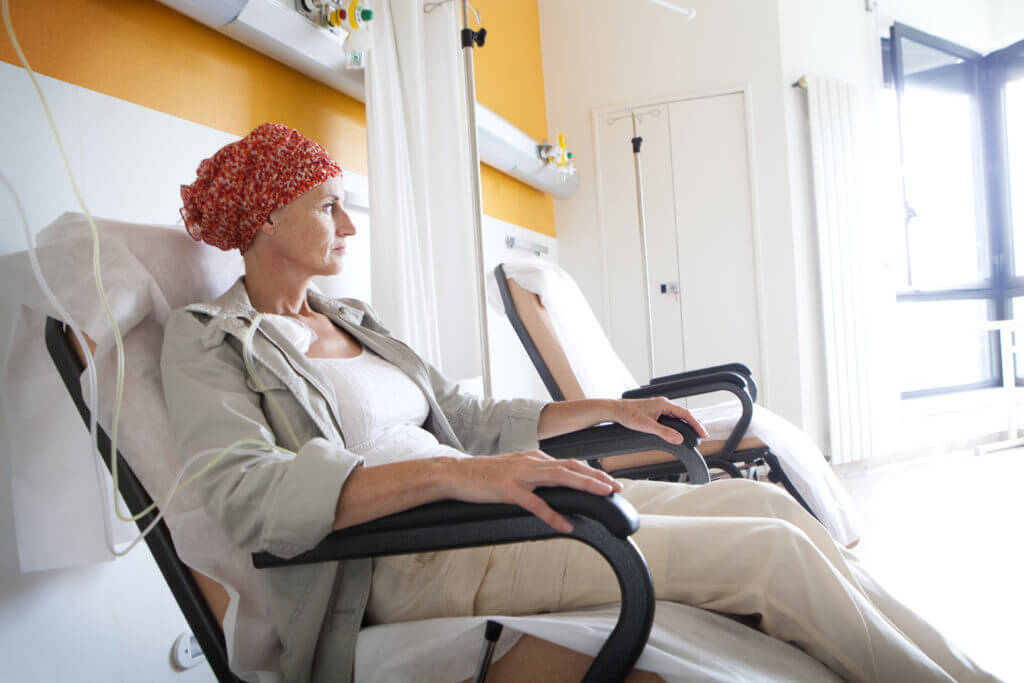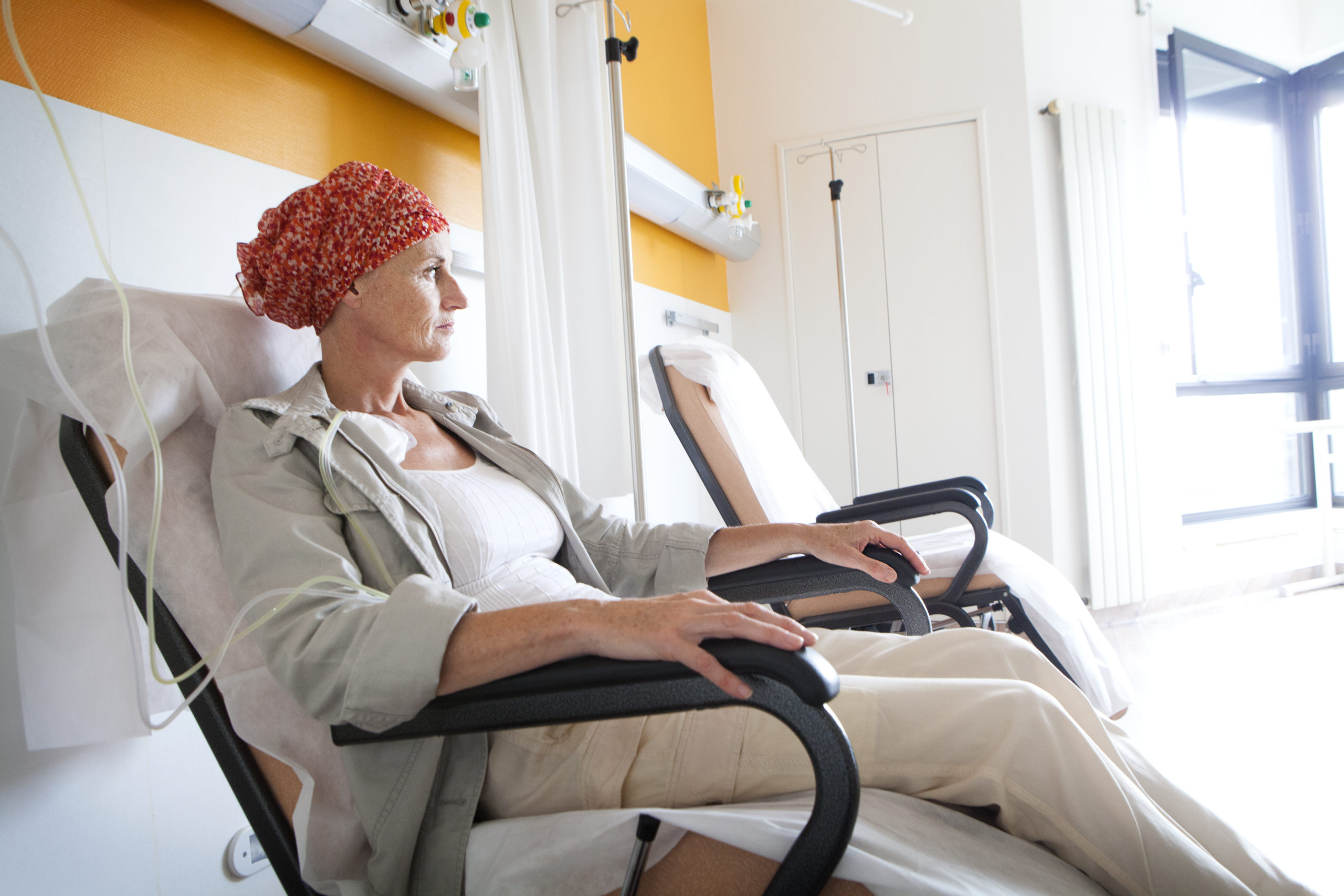In individuals with solid organ cancer, chemotherapy alters the gut microbiota, according to a new study. Myelosuppressive therapies such as radiation therapy lead to the overpopulation of harmful microbes in the gut, researchers say. This study sheds light on the negative effects of cancer treatments on the gut microbiome.
The Effect of Chemo on Gut Health
Chemotherapy is effective at preventing the proliferation of cancer cells, however, the treatment also destroys white blood cells and beneficial gut microbes. As two of the most important defense mechanisms of the body, those who undergo myelosuppressive therapies, struggle to maintain a healthy immune system and gut microbiome. This leads to increased sickness and the risk of infections.

Researchers from SAHMRI and Flinders University studied several patients who had chemotherapy for malignancies such as breast and lung cancer to see whether their gut health was affected. The study participants had not been exposed to antibiotics.
“We know that myelosuppressive chemotherapy reduces white blood cell count significantly during the first seven to 10 days of treatment, making the body more vulnerable to infection,” says lead author Dr. Lito Papanicolas, in a statement. Dr. Papanicolas is an infectious disease expert and clinical microbiologist. “In this study, we focused on how much the individual’s microbiome changed over this period when the bacteria are most likely to cause infection.”
Due to chemotherapy, the gut microbiota of participants was significantly altered. Many cancer patients had an increase in harmful gut bacteria that may cause severe and even deadly infections.
What Does This Mean for Future Cancer Therapies?
Dr. Papanicolas adds further study is needed to discover if the alteration of the microbiota is indeed required for therapy to be beneficial, despite the experiment showing that this was obviously affected. “It could be that what we’re seeing is actually a good thing because there’s a possibility that the change in microbiome triggers the body’s immune response to fighting cancer,” Dr. Papanicolas adds.
The discoveries have significantly improved our capacity to anticipate how a person’s microbiome will react to chemotherapy, according to Dr. Papanicolas.
The researchers plan to create a bigger study to see if variations in the gut microbiome throughout chemotherapy are associated with a person’s risk of infection or how well they respond to treatment.
This research could help doctors produce targeted therapies for each patient based on their personal gut microbiota, and potentially yield better results.
The full study is published in BMC Cancer.
